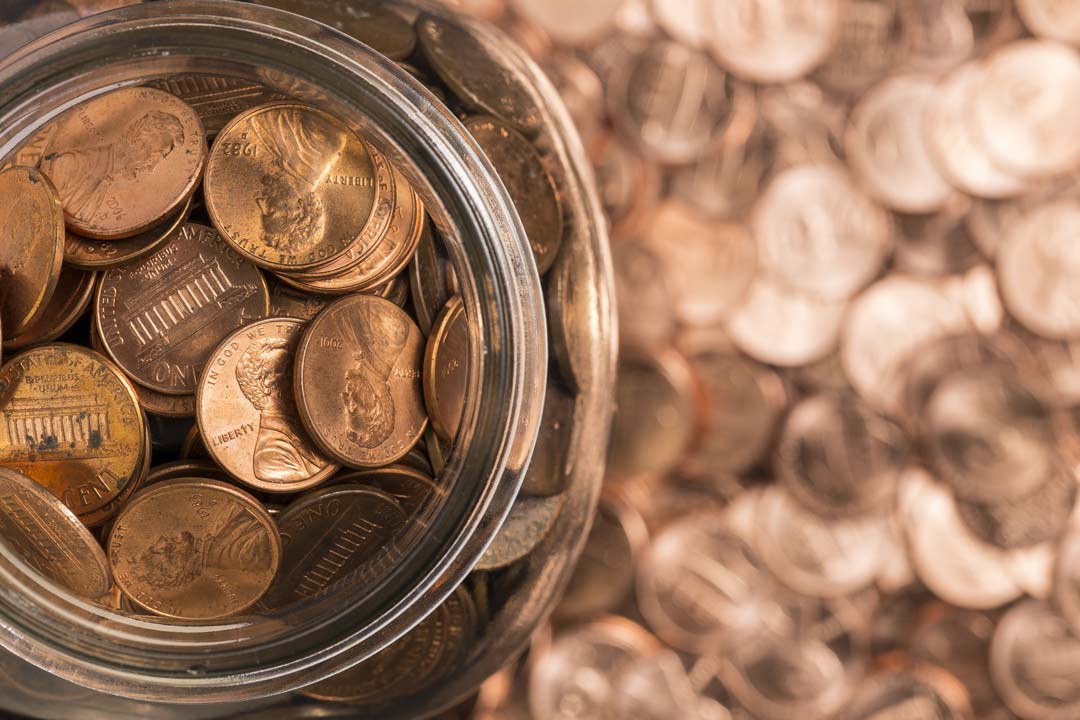Have you ever felt like you were stuck on the financial black-hole hamster wheel? You know that sensation you have that you’re running in place to get ahead of the game only to realize that you are still only hovering inches above the financial sinkhole of suck? If you’re like most of Middle Americans, you’ve been bobbing over that large void for some time, hoping for some relief.
While many of us saved relentlessly during the shelter-in-place pandemic period, the cost of living and inflation skyrocketed through the roof and took our small wins with it. Your five-dollar coffee is now seven and that Happy Meal for the kids: the saddest ten bucks to ever leave your wallet.
How do you get ahead when just keeping up takes so much of you? Reprioritize. I know, it sounds like soul-sucking fun-less activity, but trust me, every little win eventually leads to a victory.
Personally, I’ve spent the past three years working to get the financial churn in line. Every time I came up for air, another surprise expense was waiting to sink me back to the bottom. The stress and uncertainty that comes with the lack of a firm financial foundation creates a world of other problems and opportunities in money stability.
Say what? Opportunities? Yep, that’s right, fiscal hardships can come with some hard lessons but also with some beneficial side effects.
You become laser focused on essentials: If cuts need to be made to cover a major repair or large purchase, you’ll quickly figure out what you can’t live without and what is really a first-world issue
You begin to do your research: Impulse buys and endcap enticements get cut to stay on budget and out of the red. Look for the best value online before you go shopping.
Negotiations skills are sharpened: When costs are high and funds are low, you learn to negotiate for the best price possible. Don’t be afraid to ask for a lower price: the worse that will happen is you get a no.
Recurring expenses get scrutinized: Bills like internet, TV, subscriptions, etc. should be reviewed and renegotiated at least annually. Throw in insurance, utilities, and other service providers like lawn care and pest control. If possible, get on a budget program with your utility providers so you can forecast your monthly cost.
Save, save, save: Begrudgingly, most of us do not like to save. Me included. I don’t know when this changed for me; I used to love to save money. Perhaps I justified it with “time is money” and decided my minutes were worth more than the elbow energy a chore required me to expend. However, time is now more abundant, and I’ve defined a more powerful and valuable energetic exchange: physical activity means more calories burned and improved fitness. Shove that service provider money into the bank. Boom! It’s amazing how the emergency fund builds, or rebuilds, to save you from the next rainy day.
Conservation skills kick in: Reduce, reuse, recycle. Win-win for you and the environment. Leftovers get consumed; disposable consumables are purchased less frequently; and you can find various ways to repurpose things around the house. (Pro tip: I often find things in the neighborhood bulk trash to sell at my shop; sorry, not sorry…some people are sooooo wasteful).
Being broke or just a little lighter in the wallet might sting like hail while you’re going through it, but if you take the good and the bad and work through the rain, you just might find a pot of bitcoin at the end of the rainbow…move over, leprechaun, this is my coin!
You’re so money!
Coach M

